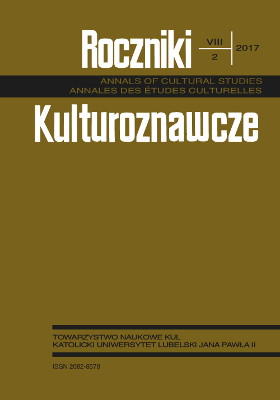Emigracyjne drogi Romana Palestra i Andrzeja Panufnika
Roman Palester and Andrzej Panufnik: Their Roads to Emigration
Author(s): Beata Bolesławska-LewandowskaSubject(s): Fine Arts / Performing Arts, Music
Published by: Towarzystwo Naukowe KUL & Katolicki Uniwersytet Lubelski Jana Pawła II
Keywords: Roman Palester; Andrzej Panufnik; émigré composers; émigré artists; music and politics; Polish music abroad
Summary/Abstract: After the end of the Second World War, a large group of Polish composers decided to stay outside Poland. In the next few years this group was enlarged by other composers who had initially tried to make their lives in People’s Poland, searching for their own place within the framework of the imposed communist system. In 1949, Roman Palester (1909–1989), one of the most important Polish composers of the pre-war period and very active in the first years after the war, took the decision to remain in France. Soon afterwards he started working for Radio Free Europe in Munich, where he was responsible for preparing cultural programmes as the head of the cultural department. Simultaneously, he kept composing and managed to write many works of distinction. Unfortunately, his music today remains almost entirely forgotten.Andrzej Panufnik (1914–1991) took a quite a different road, deciding to leave Poland illegally in 1954. He settled in the United Kingdom, where after some extremely hard years he started to gain sustained recognition both as a composer and a conductor. His works are nowadays in the repertoire of many outstanding soloists and orchestras all over the world. However — as is also in the case with Roman Palester — the long-lasting censorship of his music and of any mention of his name in the Polish press meant that it was hard to consider him as part of 20th-century Polish musical culture. It is still difficult to bridge this gap. Why Roman Palester and Andrzej Panufnik decided to choose emigration and how this decision determined their lives henceforth? How did it influence the reception of both composers and the presence (or non-presence) of their music in Polish cultural life of the last seven decades? This article aims to answer these questions.
Journal: Roczniki Kulturoznawcze
- Issue Year: 8/2017
- Issue No: 2
- Page Range: 155-175
- Page Count: 21
- Language: Polish

